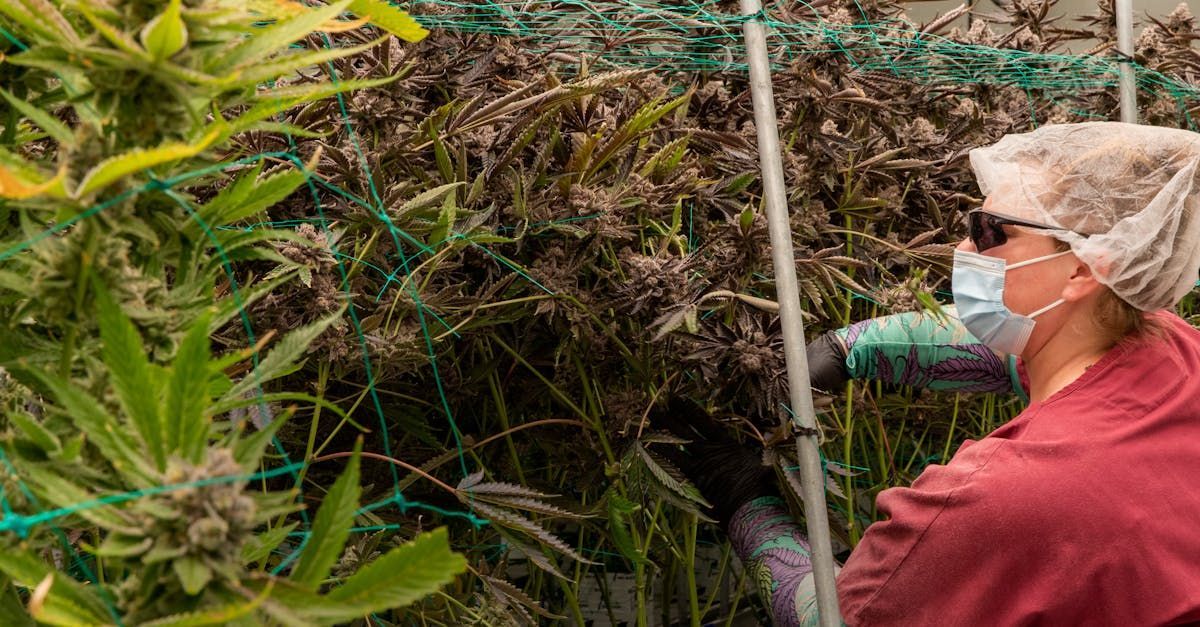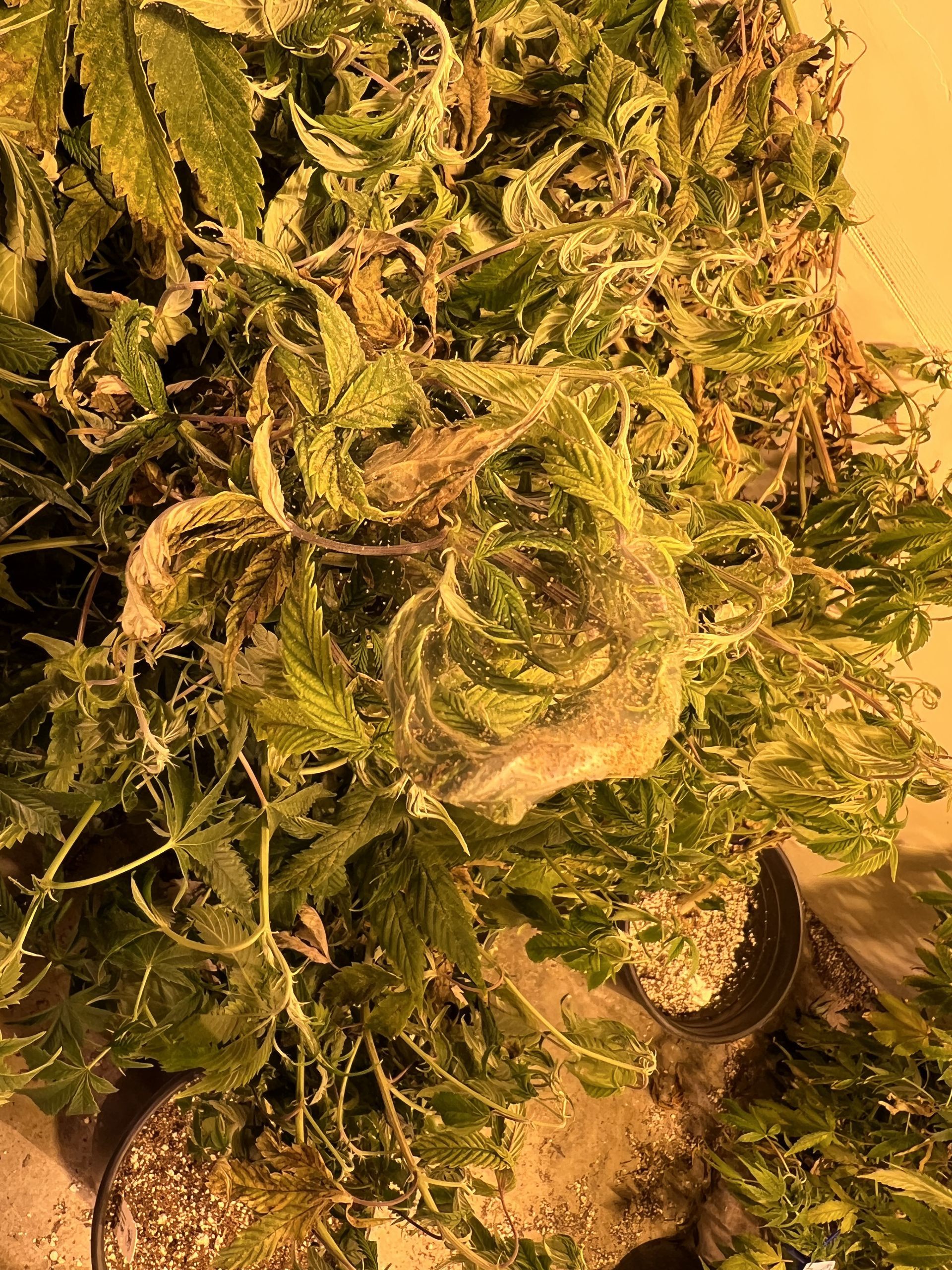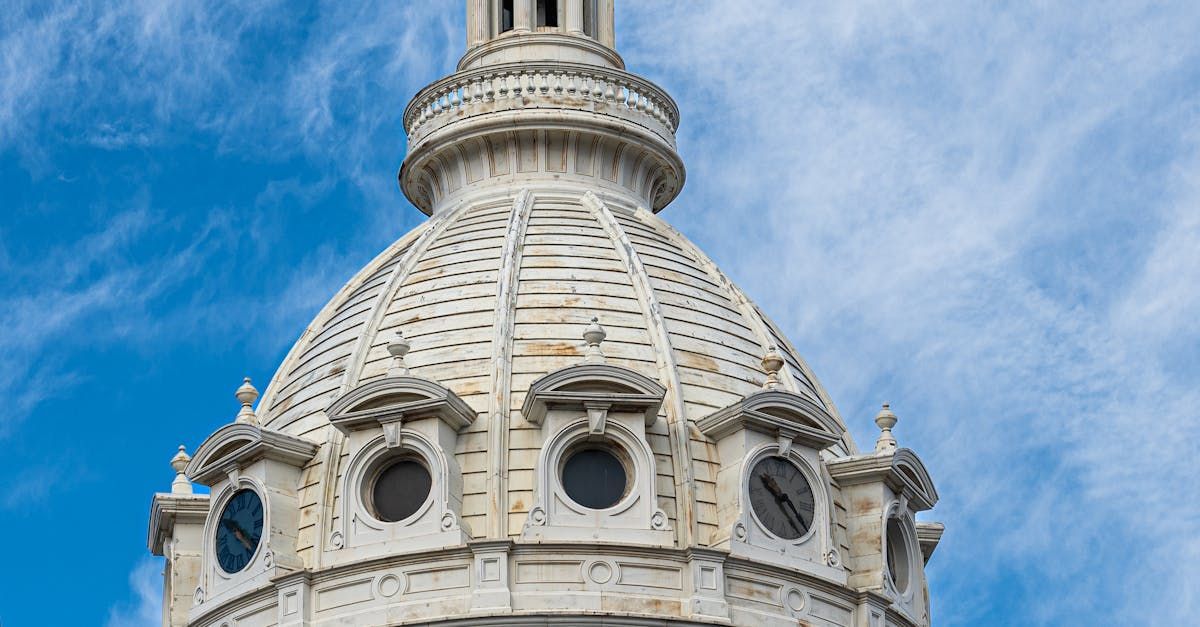The State of Cannabis and Hemp in North Carolina: A Personal Journey and Legal Overview
Bradley McElrath • July 9, 2024
Growing Up in the Carolinas

Growing up in South Carolina, I was always aware of the strict laws surrounding cannabis. It was a topic often whispered about, something taboo that could get you into serious trouble. The idea of using cannabis for any purpose, let alone for medical reasons, was far from accepted. This environment shaped my early perceptions of cannabis, making it seem like a far-off dream that could never be part of my life.
The Move to Oregon: Seeking Legal Cannabis
Fast forward a few years, and I found myself packing my bags and heading to the West Coast, specifically to Eugene, Oregon. The primary reason for this move? The legality of cannabis. Oregon had legalized both medical and recreational cannabis, and this was a game-changer for me. I wasn't alone in this decision; many people have moved out of states that haven't legalized cannabis to improve their quality of life in states where they can reap the health benefits of cannabis without fearing the law.
Life in a Legal State
Living in Oregon has been a revelation. The freedom to use cannabis legally has significantly improved my quality of life. I use cannabis daily, and the benefits are undeniable. From better sleep to reduced anxiety, the positive impacts on my health have been profound. It's not just about the physical benefits; the peace of mind that comes with knowing I'm not breaking the law is invaluable.
Cannabis in North Carolina: The Current Legal Landscape
Back in North Carolina, the situation is quite different. Despite growing public support for cannabis legalization, the state remains one of the few that hasn't fully embraced medical marijuana, let alone recreational use.Medical Marijuana
North Carolina has seen significant legislative activity surrounding the legalization of medical marijuana. Senate Bill 3 (SB 3), also known as the North Carolina Compassionate Care Act, aims to legalize medical marijuana for individuals with debilitating medical conditions such as cancer, epilepsy, and multiple sclerosis. The bill passed the Senate with bipartisan support but has stalled in the House of Representatives due to insufficient backing from Republican members.In a strategic move, Republican senators attached an amendment to a hemp regulation bill that would legalize medical marijuana. This amendment, which has cleared the Senate Judiciary Committee, aims to provide a regulated medical cannabis supply system, ensuring safe and legal access for patients.
Recreational Marijuana
Recreational marijuana remains illegal in North Carolina. House Bill 626 (HB 626), introduced by 14 Democrats, seeks to establish a framework for the state's oversight of cannabis establishments while legalizing adult possession and use of cannabis for personal use. This bill aims to promote social equity by creating funds for community reinvestment, training, and education, and proposes a state cannabis excise tax of 30% on sales, with an option for municipalities to levy an additional 2%.Despite these efforts, the North Carolina General Assembly adjourned in 2023 without passing any cannabis-related bills, leaving the future of cannabis legislation uncertain.
Hemp in North Carolina: Legal Status and Market Dynamics
Legalization and Regulation
Hemp, unlike marijuana, is legal in North Carolina. The state permanently declassified hemp as a controlled substance in 2022, aligning with the federal farm bill passed in 2018 that legalized hemp-growing across the country. Under North Carolina law, hemp is defined as the plant Cannabis sativa with a delta-9 tetrahydrocannabinol (THC) concentration of not more than 0.3% on a dry weight basis.Hemp-derived consumables, including products containing cannabidiol (CBD) and delta-8 THC, are legal and widely available for adult purchase. These products have created a booming market, filling a demand for alternatives to traditional medicine. However, the lack of stringent regulations has led to a legal gray area, with law enforcement struggling to distinguish between legal hemp products and illegal marijuana.
Economic Impact and Market Growth
The hemp industry in North Carolina has flourished, with businesses like Hempie’s reporting significant sales. The state taxes hemp sales at 4.75%, contributing to the local economy. The industry operates with minimal supervision since the expiration of the N.C. Hemp Pilot Program in 2021, leading to a free-market environment where hemp products are sold with few restrictions.
Challenges and Future Prospects
One of the primary challenges facing North Carolina is the legal ambiguity surrounding hemp and marijuana. The legalization of hemp without decriminalizing marijuana has created a legal morass, with law enforcement unable to distinguish between the two. This has led to several court cases questioning whether the odor of marijuana can still be used as probable cause for searches.Furthermore, the state has yet to establish a comprehensive regulatory framework for hemp-derived consumables. House Bill 563 (HB 563), passed unanimously by the House in September 2023, aims to regulate the sale and distribution of these products, requiring licenses for their sale, distribution, or manufacture. The bill is expected to be considered by the Senate in 2024.
Social and Economic Implications
The potential legalization of medical marijuana and the regulation of hemp products could have significant social and economic implications for North Carolina. Legalizing medical marijuana could provide relief to thousands of patients suffering from debilitating conditions, while also generating substantial tax revenue for the state.The economic impact of the hemp industry is already evident, with businesses thriving and contributing to the local economy. However, the state must address the regulatory gaps to ensure consumer safety and product quality.
A Personal Reflection
Reflecting on my journey from South Carolina to Oregon, it's clear that the legal status of cannabis can profoundly impact one's quality of life. In Oregon, I have the freedom to use cannabis legally, which has improved my health and well-being. This is a stark contrast to the restrictive environment in North Carolina, where the fear of legal repercussions still looms large for many.Many people, like myself, have moved out of states that haven't legalized cannabis to improve their quality of life in states where they can reap the health benefits of cannabis without fearing the law. The peace of mind that comes with knowing you're not breaking the law is priceless. It's not just about the physical benefits; it's about living without fear and stigma.
The Path Forward for North Carolina
North Carolina stands at a pivotal moment in its approach to cannabis and hemp. While the state has made strides in legalizing and regulating hemp, the path to legalizing medical and recreational marijuana remains fraught with challenges. Strong public support and ongoing legislative efforts indicate a potential shift in the near future, but political hurdles and legal ambiguities must be addressed to pave the way for a comprehensive and equitable cannabis policy.As the national landscape continues to evolve, North Carolina's journey towards cannabis legalization will be closely watched. The state's ability to balance regulatory oversight with market growth and social equity will determine the future of cannabis and hemp in the Tar Heel State.
Conclusion
In conclusion, the state of cannabis and hemp in North Carolina is a complex and evolving issue. While there have been significant strides in the legalization and regulation of hemp, the journey towards medical and recreational marijuana legalization is still ongoing. As someone who has experienced the benefits of living in a state with legal cannabis, I can attest to the profound impact it can have on one's quality of life. Here's hoping that North Carolina will soon join the ranks of states that have embraced the benefits of cannabis, providing relief and freedom to its residents.

Discover how to navigate the complex world of cannabis interstate commerce with Terra Vita Holdings. Our comprehensive guide explores the challenges posed by conflicting federal and state laws, transportation restrictions, banking constraints, and regulatory compliance in the cannabis industry. Learn effective strategies for establishing in-state operations, implementing robust compliance programs, and leveraging technology to stay ahead. Stay informed about future legislative developments that could reshape the industry landscape. Unlock your business's full potential in the legal cannabis and hemp markets—contact Terra Vita Holdings today to chart your course toward success.









